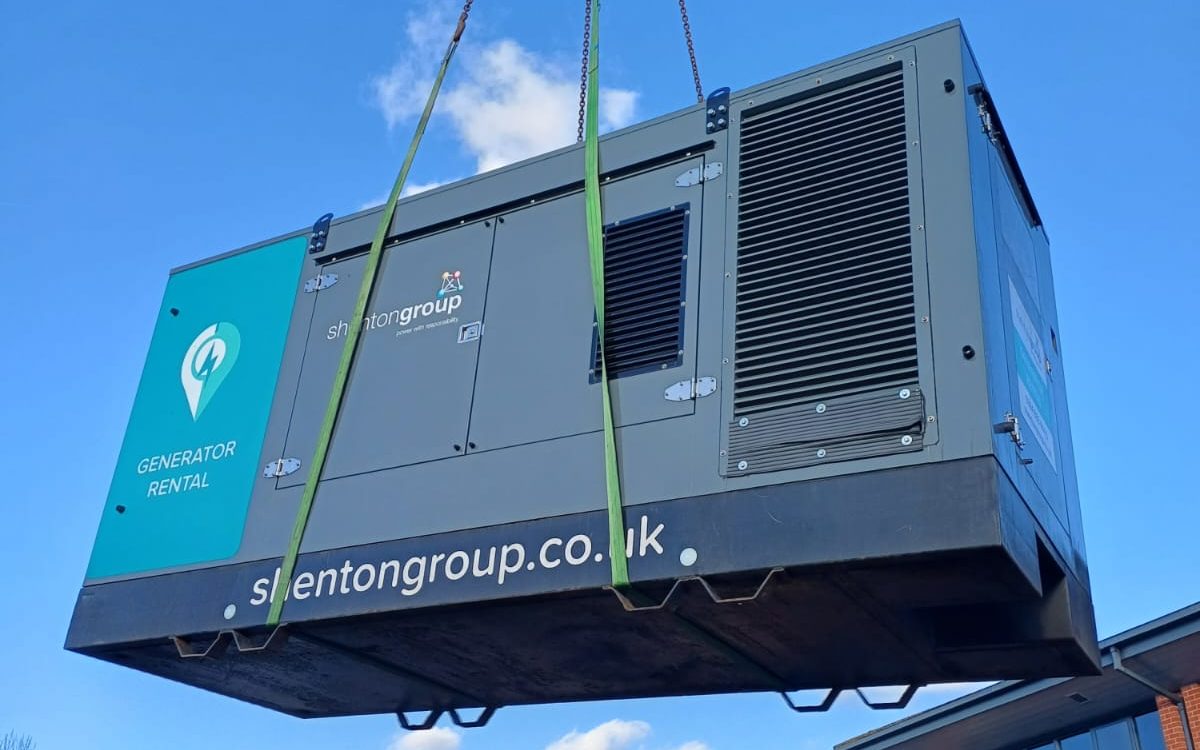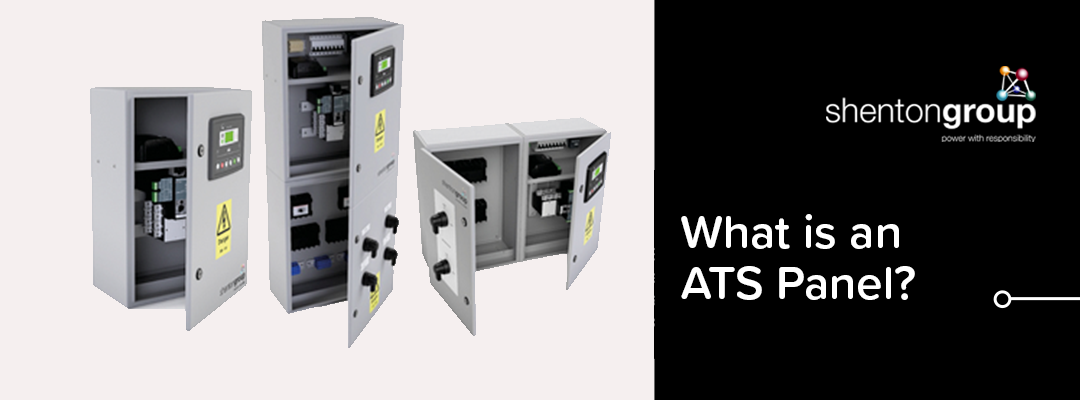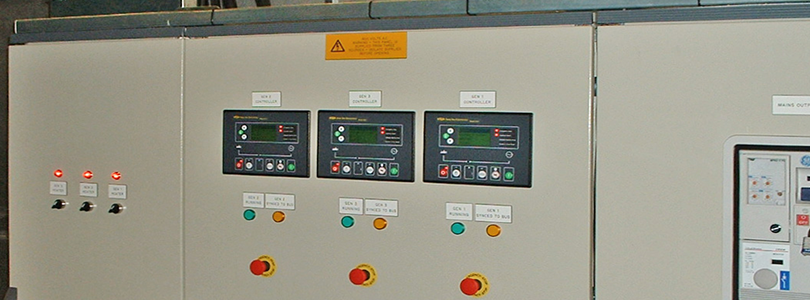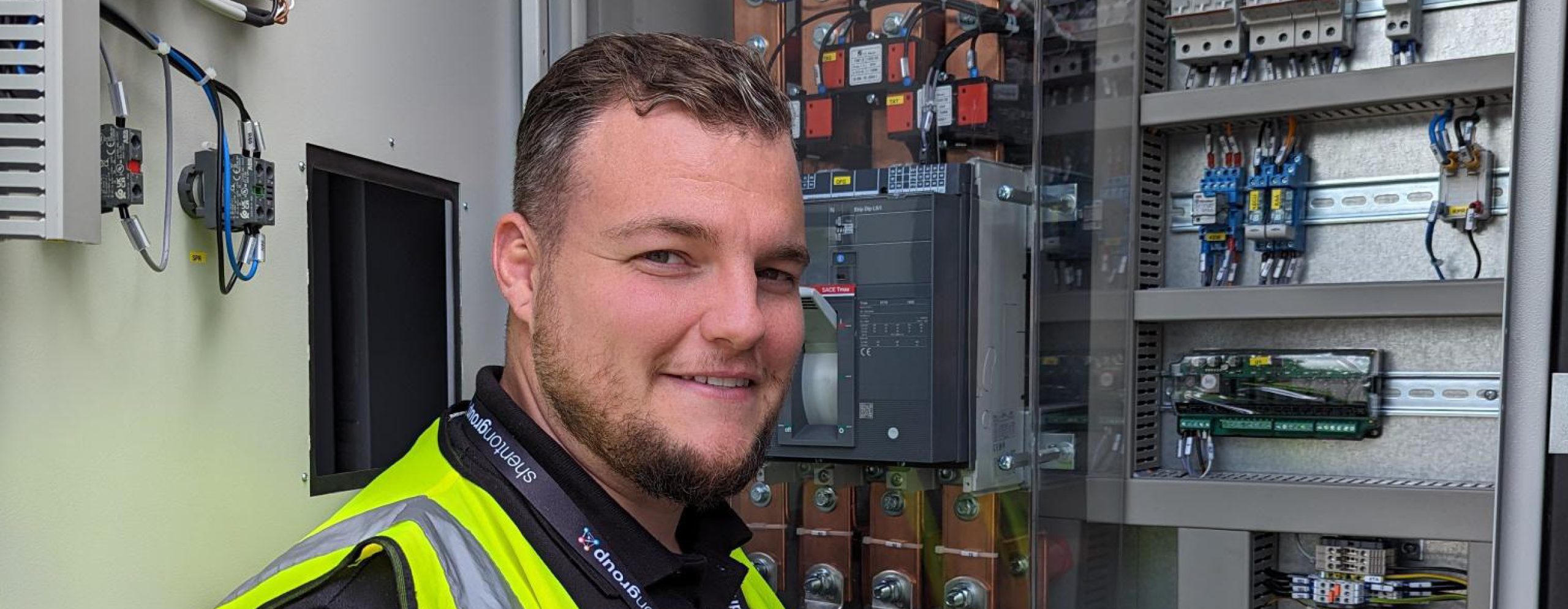An ATS panel (Automatic Transfer Switch panel) is an essential part of a standby power system, used to automatically switch between mains power and a backup generator during a power outage. If you’re wondering what is an ATS panel, it’s a smart device that eliminates the need for manual intervention during blackouts, ensuring continuous power supply to your facility or business.
In the event of a mains failure, the ATS panel detects the power loss and automatically starts the standby generator. Once the generator is ready—typically within 15 seconds—it transfers the electrical load from the main supply to the generator. When mains power is restored, the ATS panel switches the load back and safely shuts down the generator.
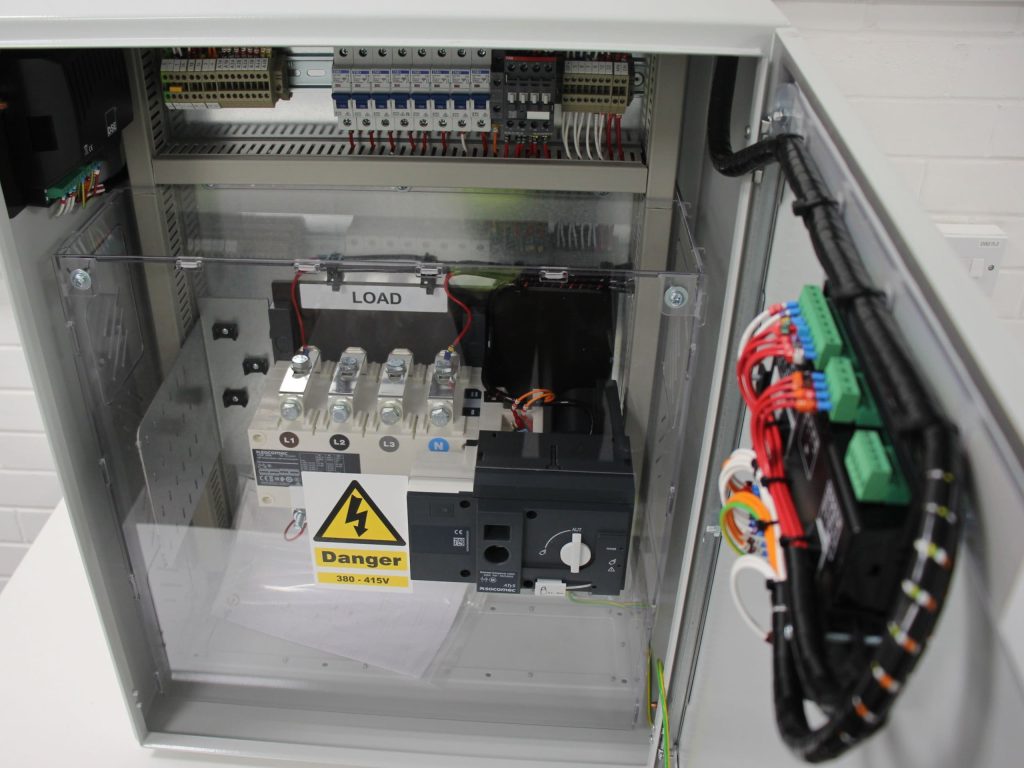
Using an Automatic Transfer Panel for Safety Reasons
An ATS panel constantly monitors the incoming AC mains supply. Upon detecting a power outage or voltage issue, it will:
- Automatically triggers the generator to start.
- Transfers the load to the generator after a short warm-up period.
- Monitors the power source and switches back to mains once stable.
- Shuts down the generator after a suitable cooldown.
When paired with an Uninterruptible Power Supply (UPS), the power supply remains seamless, bridging the brief delay while the generator starts up, avoiding downtime, data loss, or damage to equipment.
Benefits of an ATS Panel
Using an ATS panel in your backup power setup offers several key advantages:
- Automatic Switching: No manual action is required during a power outage.
- Reduced Downtime: Keeps critical systems running with minimal delay.
- Enhanced Safety: Prevents electrical equipment damage by ensuring a smooth power transition.
- Operational Continuity: Ideal for businesses, healthcare facilities, data centres, and more.
Without an ATS panel, switching to backup power must be done manually, causing delays and relying on the presence of trained personnel.
ATS Panel Manufacturers
Shenton Group provides complete turnkey solutions consisting of generators, UPSs and ATS panels, designed to your requirements.
We design and manufacture our own ATS panels, often as part of a turnkey standby power solution that links an automatic transfer switch, UPS and standby generators with remote monitoring and associated security and safety features.
To ensure you get the correct backup power arrangement for your needs, get in touch with the UK’s leading technical experts today.
What Is the Difference Between ATS and AMF Panels?
Automatic Transfer Switches (ATS) and Automatic Mains Failure (AMF) panels both switch an electrical load from normal supply to a standby generator supply, and back to the mains when required and are in effect just different terminology for the same thing. To find out more about AMF panels and how they work, read our blog which further explores all AMF-related topics.
An ATS Panel Solution for Amazon Distribution Centre
After an initial assessment, Shenton Group provided a 275kVA generator to an Amazon distribution centre and as part of the project, to ensure seamless generator changeover, a 400A ATS (automatic transfer switch).
For more information about any ATS Panel or generator solutions, get in touch with our technical experts today, and we will be happy to provide you with the best course of action for your premises.
Why Choose Shenton Group?
Shenton Group is an established power back provider with over 40 years of experience providing peace of mind with a turn-key solution. Our highly skilled team of technical experts can provide you with the answers to any questions you have.
We manufacture a fully bespoke range of reliable standby power generators and offer ongoing technical support and maintenance service contracts to ensure you never fall victim to a power failure.Find out more about our products and services.




